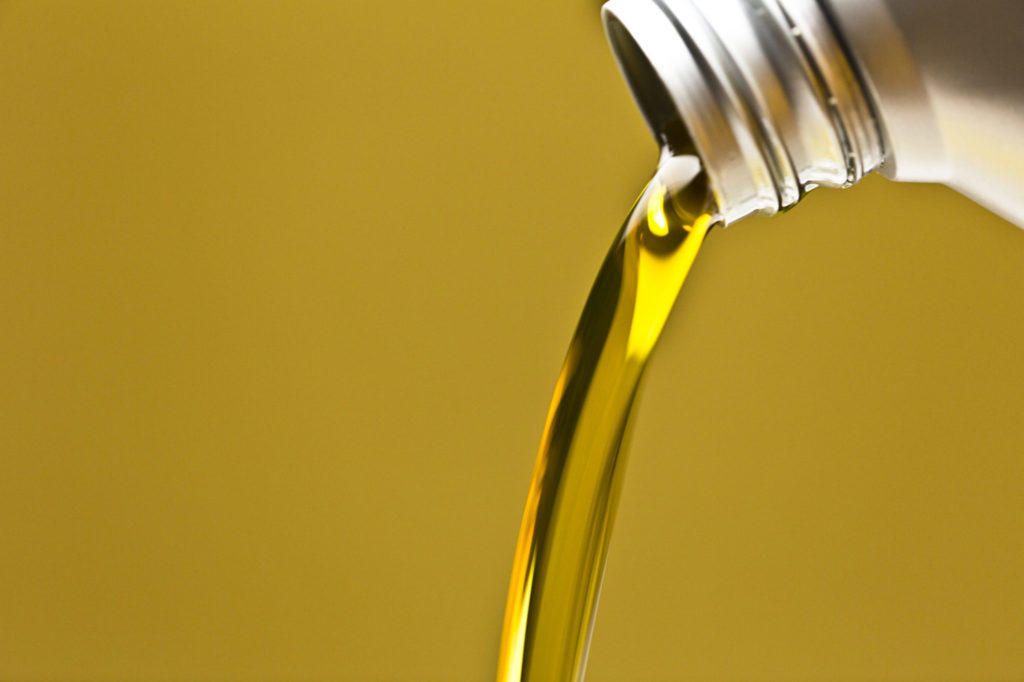[ad_1]
There’s a brand new class of diesel engine oil in your future.
5 years after the trucking trade adopted a pair of oil classes – a backwards-compatible CK-4 method and the fuel-saving FA-4 – work has formally begun on growing the subsequent era of oil often known as Proposed Class 12 (PC-12).
The primary licence ought to come by Dec. 1, 2026, to assist put together for 2027 on-highway emissions guidelines from the U.S. Environmental Safety Company (EPA) and California Air Sources Board (CARB).
A number of particulars have emerged in a discover from Jeffrey Harmening of the American Petroleum Institute (API).

Cut up classes will stay, with the C subcategory sustaining backwards compatibility, and a brand new F subcategory changing FA-4. The F subcategory won’t must be backwards suitable.
The brand new oil class is being developed to extend oxidation efficiency, add decrease viscosities, enhance aftertreatment capabilities, and develop elastomer compatibility, he mentioned.
Groups can even think about testing choices for the reason that {hardware} for T-11 and T-12 checks won’t probably be obtainable anymore.
The T-11 engine take a look at simulates high-soot purposes like stop-and-go operation of engines with EGR programs, in accordance with the Southwest Analysis Institute’s fuels and lubricants analysis division. The T-12 take a look at simulates heavy-duty on-highway turbocharged and intercooled diesel engines with EGR programs.
The brand new oils might help new engine applied sciences anticipated to expertise larger brake imply efficient stress, and accommodate regulatory necessities to increase helpful life and guarantee intervals. Different potential advantages embrace help to enhance gas economic system in sure engine fashions, and help for brand new elastomers in fashionable engines.
“Fleets and drivers ought to count on improved efficiency of oils which helps the improved sturdiness of engines, and aids in assembly rules. This can lead to lowered value of possession,” Harmening mentioned.
Potential environmental advantages embrace limiting sulfated ash, phosphorus and sulfur (SAPS), whereas longer oil drain intervals can also be potential, he mentioned.
The final oil class updates had been launched partially to handle the upper working temperatures that emerged within the effort to satisfy tighter greenhouse fuel limits.
[ad_2]
Supply hyperlink